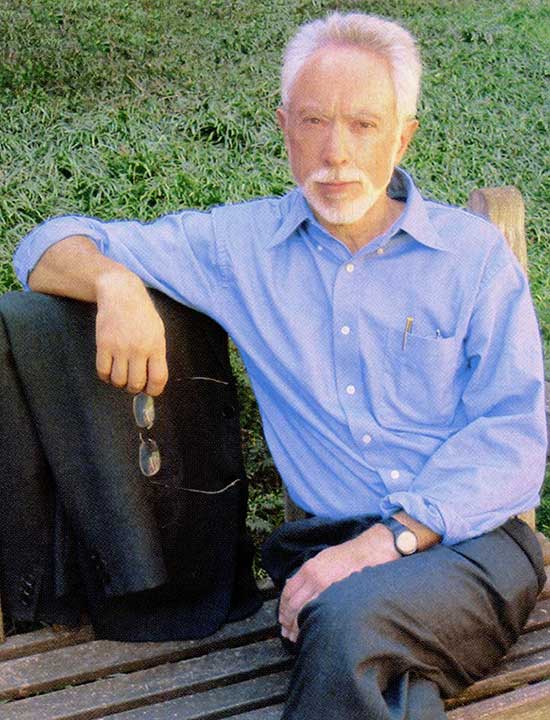
J.M. Coetzee‘s novel Disgrace is regarded by The New Yorker as “not a hard or obscure book — it is, among other things, compulsively readable — but what it may well be is an authentically spiritual document, a lament for the soul of a disgraced century.” Coetzee (b. 1940, Cape Town) studied first at the University of Cape Town and later at the University of Texas at Austin, where he earned a Ph.D. degree in literature and wrote a stylistic analysis of Samuel Beckett for his dissertation. In 1972 he returned to South Africa and joined the faculty of the University of Cape Town. He is currently a Research Fellow at the University of Adelaide in south Australia and a member of the Committee on Social Thought at the University of Chicago.
His works of fiction include Dusklands, Waiting for the Barbarians, which won South Africa’s highest literary honor, and Life and Times of Michael K, for which Coetzee was awarded his first Man Booker Prize in 1983. He has also published several essay collections, translations, and two volumes of memoirs. He won the 2003 Nobel Prize in Literature among other awards, including the Lannan Award for Fiction, the Jerusalem Prize, and The Irish Times International Fiction Prize. In 1999 he again won Britain’s prestigious Booker Prize for his eighth novel, Disgrace, becoming the first author to win the award twice in its 31-year history.



